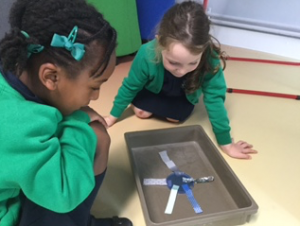
By Alex Farrer, Scientist in Residence.
Since the launch of our STEAM (Science, Technology, Engineering, Arts and Maths) space in September, STEAM lessons, activities, clubs and assemblies have been delivered by the new Scientist in Residence team. This has created a buzz of curiosity around the school and enabled “STEAM” to be injected into the curriculum, but what is exactly going on, and why?
It is frequently reported in the press that thousands of additional science and engineering graduates are needed each year and many national initiatives aim to encourage more girls to aspire to such careers. However it is still the case that most pupils decide by the age of 10 that science is “not for them”. They enjoy science, they are good at science, but they think that other people become scientists and engineers. The STEAM initiative aims to encourage more girls to aspire to study science, technology, art and mathematics subjects post 16, but also to develop STEAM skills in all pupils. Not every pupil will aspire to a career in science and engineering, but every pupil will benefit from added exposure to STEAM. Employers and universities are increasingly looking for candidates who have problem solving skills, consider the impact of their decisions, use their imagination, communicate well, work well in teams and cope with frustrations, problems and difficulties. Cross curricular STEAM activities not only help to develop these skills for every pupil, but also show how relevant the subjects of science, technology, engineering and mathematics are to all subjects.
More information is available here about the ASPIRES and ASPIRES 2 studies which track the development of young people’s science and career aspirations and also here about the benefits of keeping options open for possible engineering careers.
This new initiative at Wimbledon High aims to promote STEAM cross curricular activity for all year groups from Reception to Year 13. The Scientist in Residence team consists of experts in computer science, medicine and STEAM teaching and learning, who are able to plan activities that are practical, challenging, engaging and linked to real life situations. Visiting engineers and scientists enrich the projects and links are made to STEAM careers. In the lessons things might go wrong, groups may have to start all over again, team members might disagree and tasks may be really difficult to succeed in. Coping with the epic fails that can occur when imaginatively attempting to solve a STEAM challenge is all part of the benefit though, and there is also a lot of laughter and fun. The lessons can certainly be classed as “serious play”!
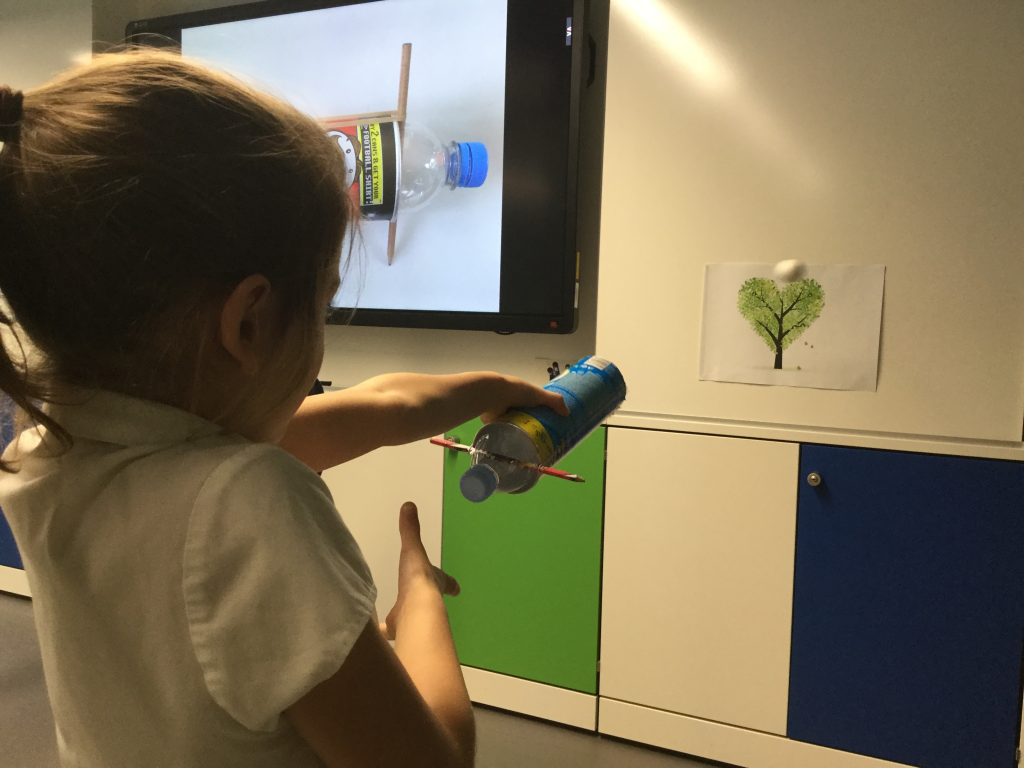
These are just a few examples showing how STEAM is beginning to form…
• Year 3 launching projectiles ‘Into the Woods” 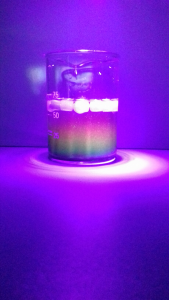
• KS3 being creative with Minecraft Education Edition
• Year 7 using their physics knowledge to capture amazing light and colour photographs at the beginning of their art topic
• Year 6 learning about sensors and coding with micro:bits
• Year 1 becoming rocketeers
• Year 7 creating pigments for Joseph’s technicolor dreamcoat in R.S.
• KS3 gaining medical insights into the Black Death in History
• KS3 pupils designing and building a City of Tomorrow
• Year 5 designing ocean grabbers inspired by the R.S.S. Sir David Attenborough
• Year 4 controlling machines built with LEGO WeDo
Year 12 are also beginning a joint project with local schools and scientists from UCL and Imperial College as part of the ORBYTS initiative – Original Research By Young Twinkle Students – an exciting project using mass spectrometry to look at exoplanet atmospheres which includes the opportunity for students to be co-authors on an academic paper. There may even be a robot orchestra in the making, so there is certainly a variety of STEAM forming!
What all of these activities have in common is that they aim to promote STEAM dialogue around the school. The year 6 academic committee have been putting intriguing photographs with an attached question around the school to promote just this sort of discussion, whether it might be year 8 on their way into lunch or parents chatting while waiting to pick up year 2.

What happened here?
We want to show students and adults in our community that STEAM is something done by us all. As an adult yourself you may have felt in the “not for me” category – you might have given up science early, or not felt that it was your best subject. As role models we all need to show that we are interested in talking and getting involved in STEAM, so that no one in our community is in the “not for me” category. Helping with a competition entry, discussing Blue Planet 2, using STEAM news articles or photos as hooks for lessons, all help to inject STEAM into the school community.
Follow us on Twitter @STEAM_WHS to see more of what is going on and look out for future blogs on the importance of building science capital and using STEAM photos to inspire and engage. The following web links are examples of the many cross curricular ideas available for all age groups that could be used in lessons and at home. Create some STEAM!
https://www.stem.org.uk/cross-curricular-topics-resources
https://www.stem.org.uk/welcome-polar-explorer-programme
https://practicalaction.org/challengesinschools
http://www.rigb.org/families/experimental
http://www.rsc.org/learn-chemistry/resources/art/topics


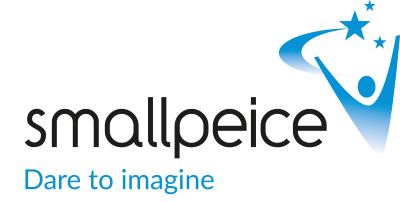
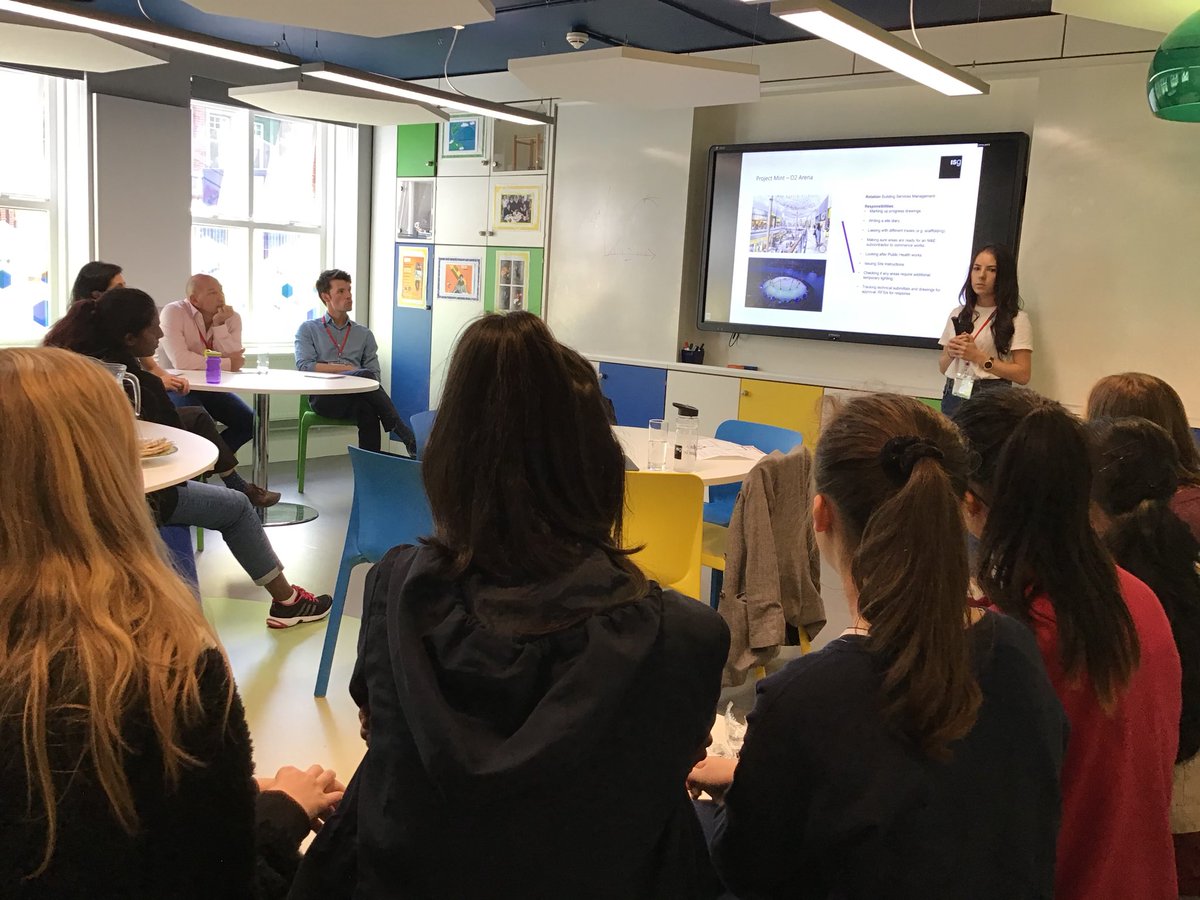
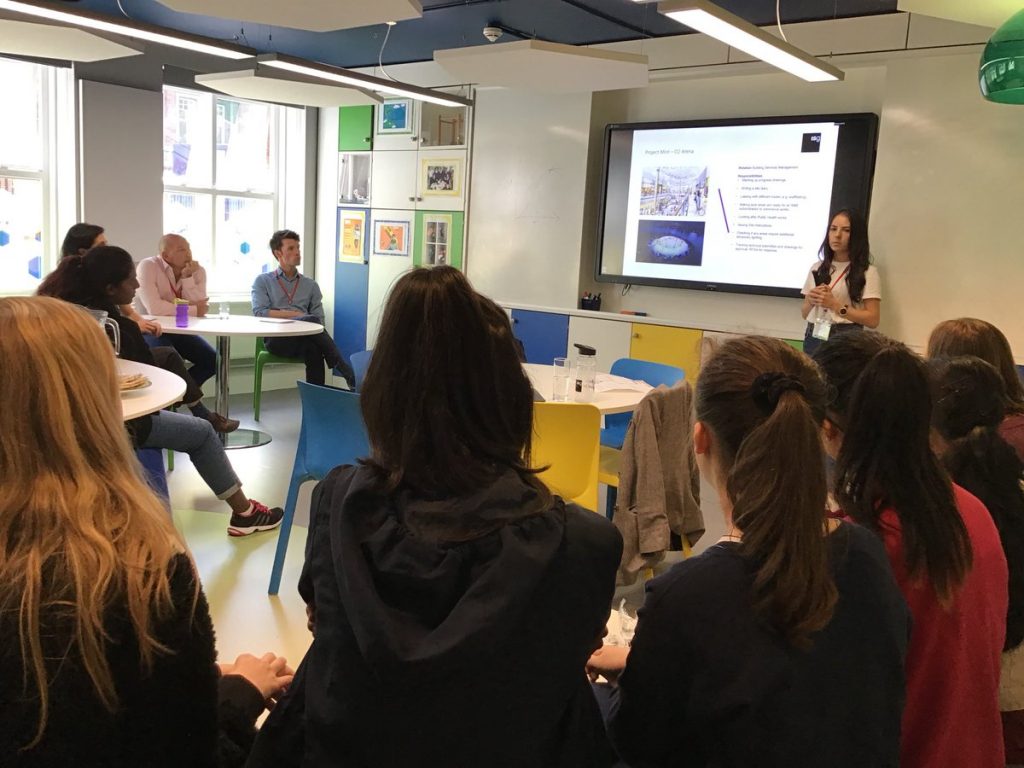
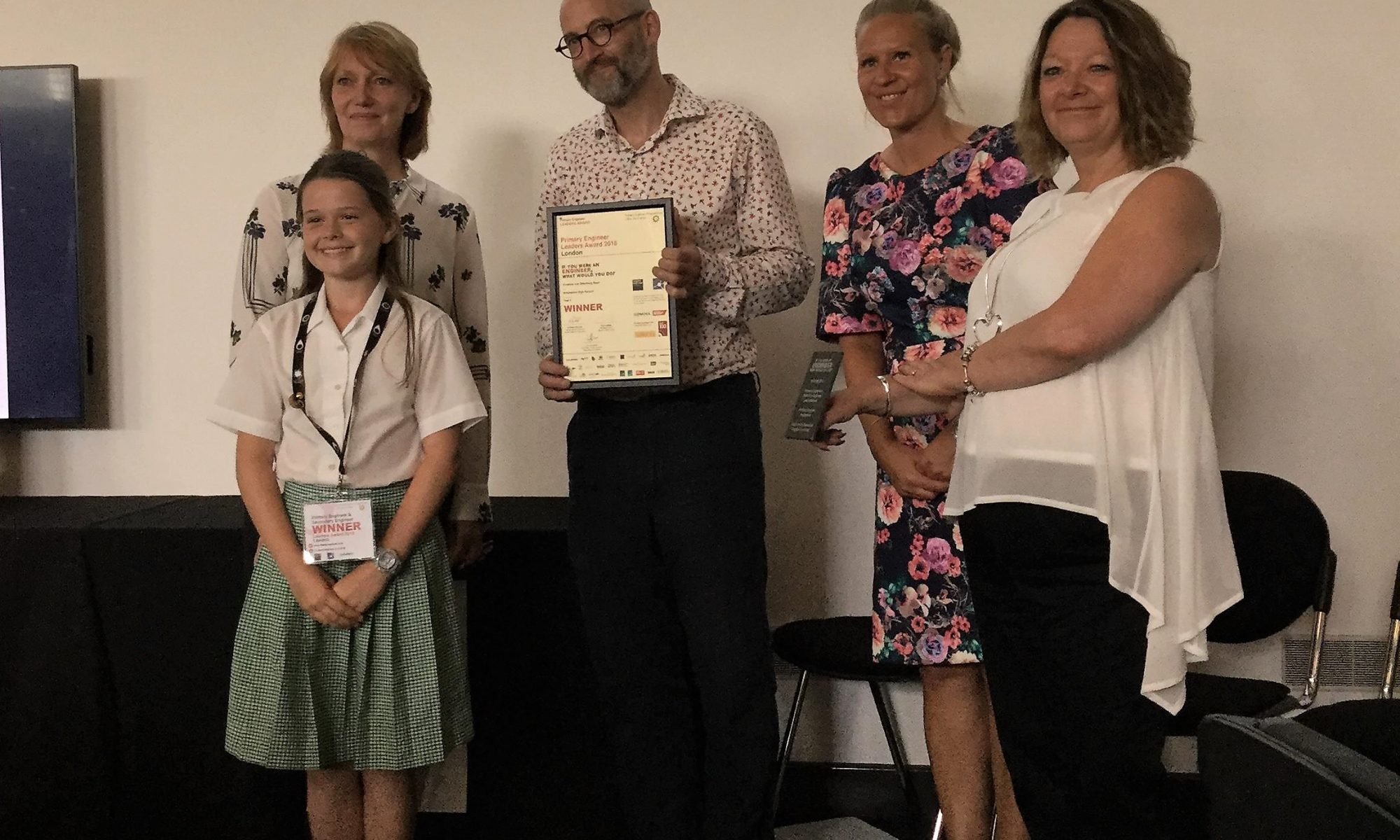
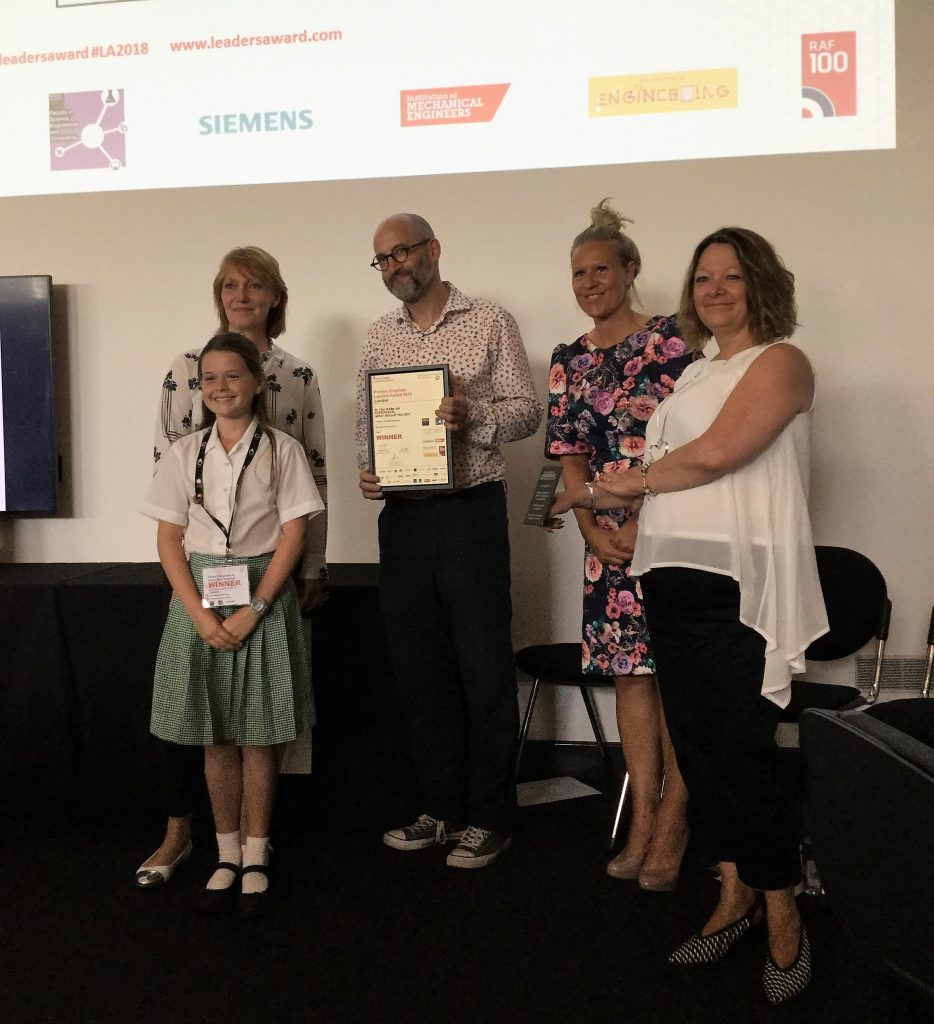

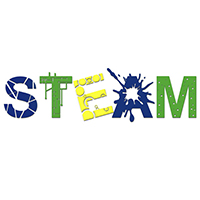
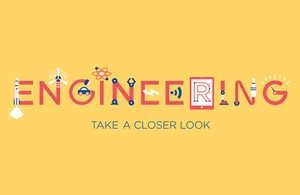
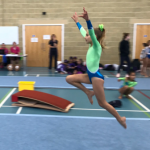 lp to discover how many parents and pupils you have in your class with scientific interests and skills.
lp to discover how many parents and pupils you have in your class with scientific interests and skills.